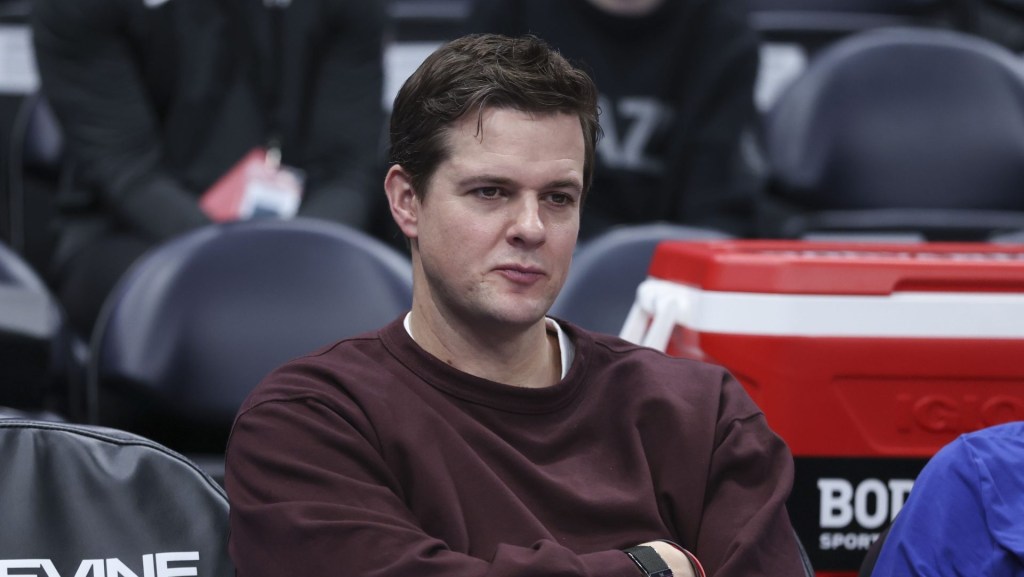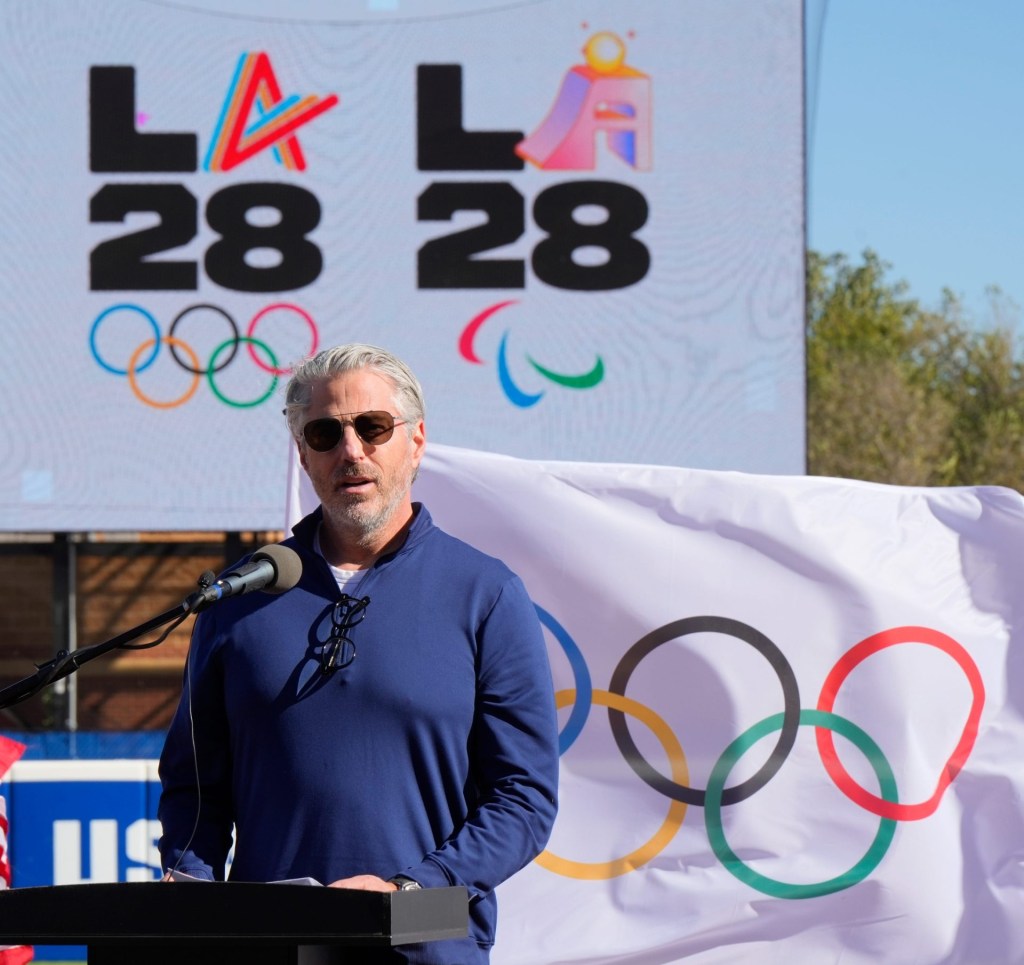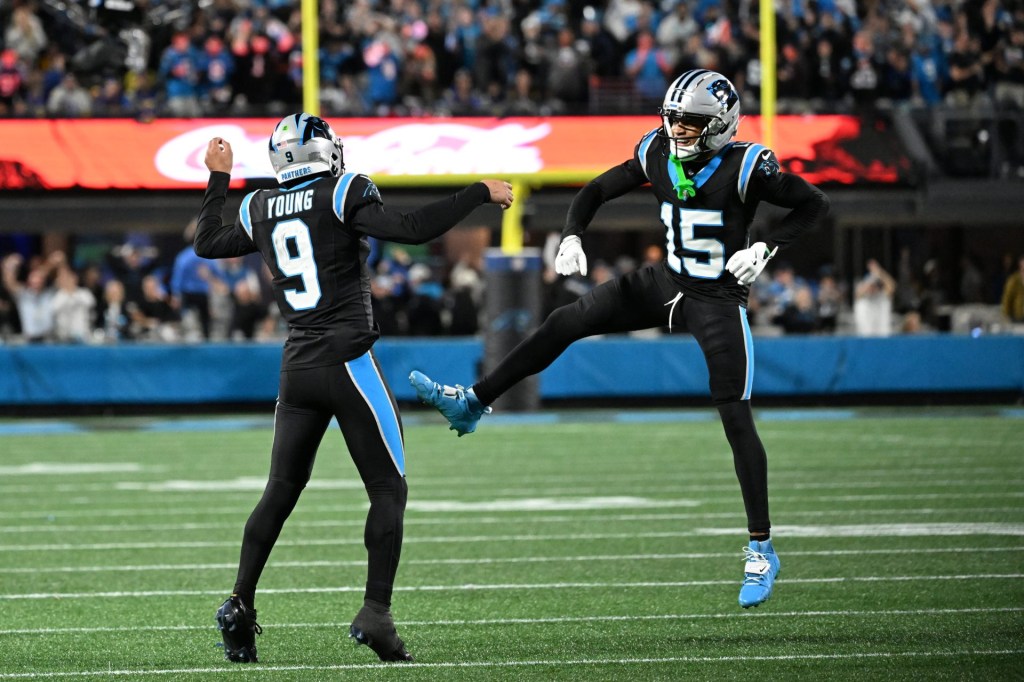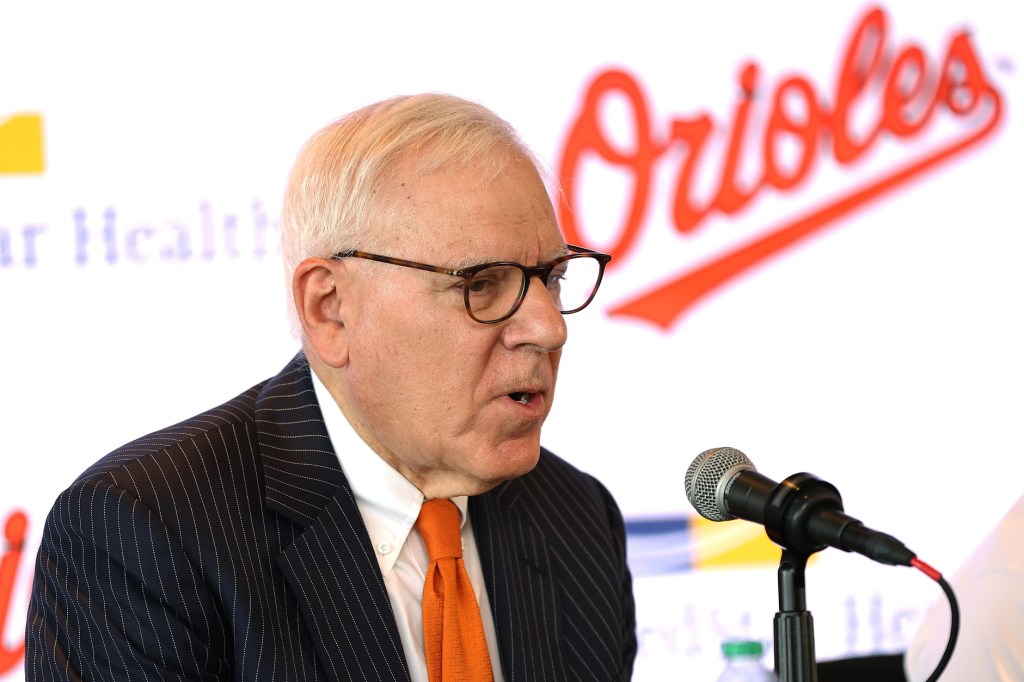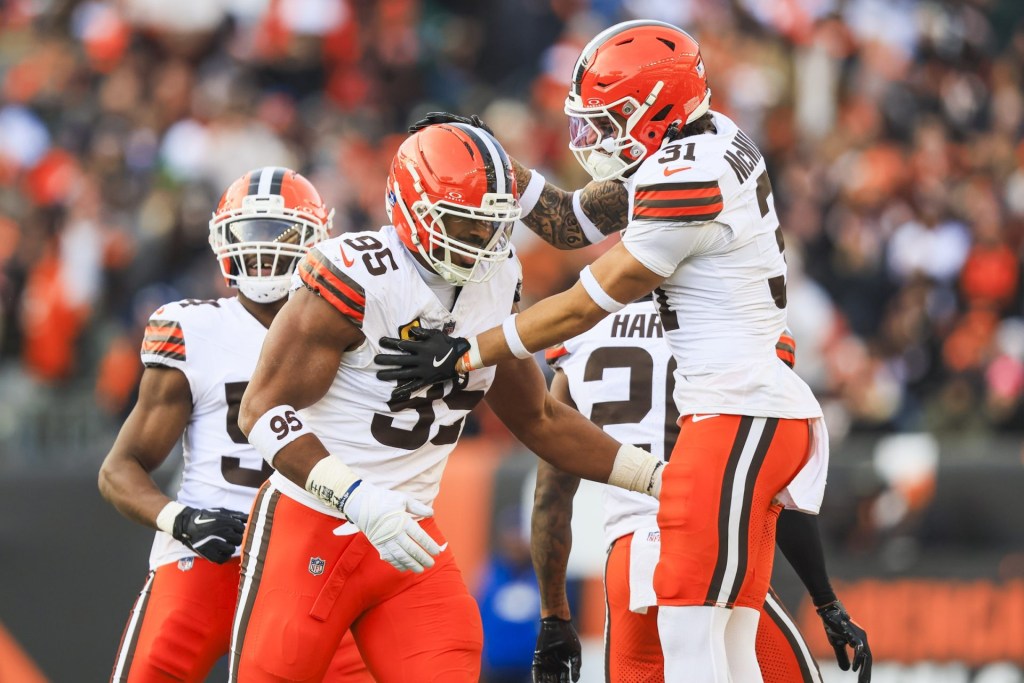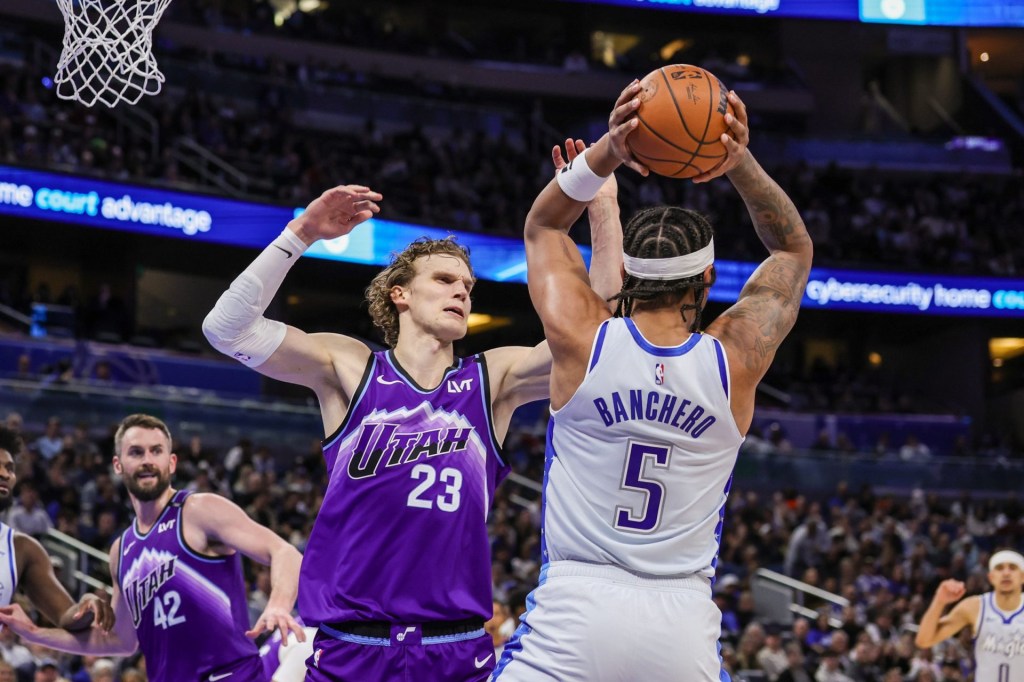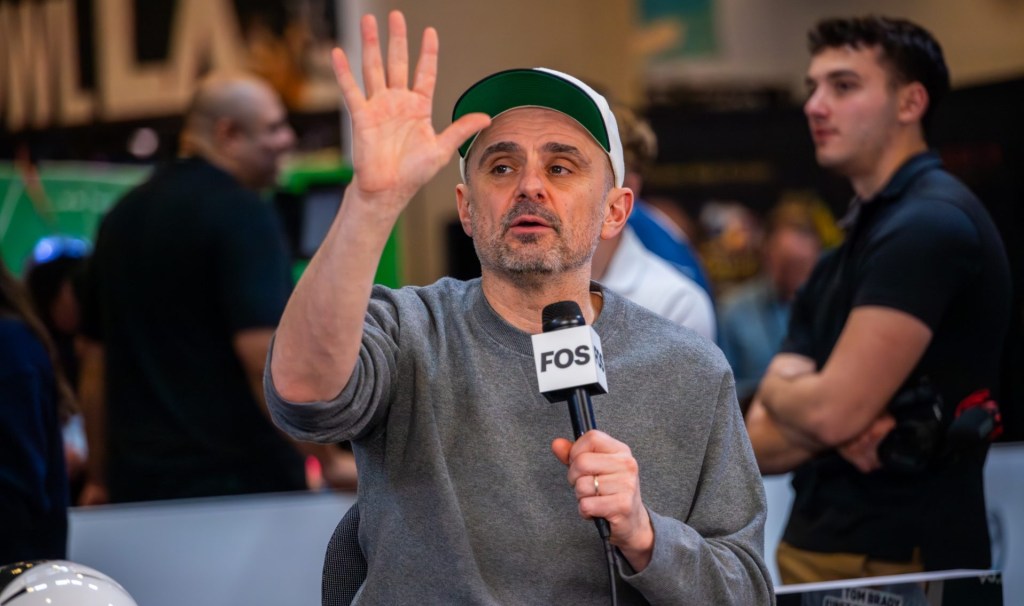Spanish soccer club Real Madrid may be the most valuable sports franchise in the world, and the team is set to show that through the sale of a “symbolic” stake.
Real Madrid is one of the most storied sports franchises with 36 LaLiga championships, 15 Champions League titles, and 9 FIFA World Cup wins. Its structure is very different from what fans are used to in the U.S.—since 1902, it has been owned by its socios, or formal members, who pay annual fees, elect the board, and vote on key decisions. Right now, there are about 100,000 socios.
The club is considering taking outside investment for the first time, team president Florentino Pérez said over the weekend during the club’s annual general assembly. The plan would be to create a new subsidiary that would hold a minority stake—Pérez said 5% as an example. It would be a “symbolic” and limited stake, with the socios continuing to have control. Pérez described any investor as “a strategic ally and never an owner,” and said if they “wish to transfer their stake, Real Madrid will always have the right to reclaim it.”
“This way we can know what the club is worth,” he said, according to a translation of his comments.
Any agreement would require socios approval, and Pérez said he would hold an “extraordinary assembly” for a vote to occur. No time frame was given, and the team did not respond to a request for comment.
The sale of even a small stake in Real Madrid could show it is the most valuable franchise in the world.
“They’d be number one,” says John Textor, who owns multiple soccer clubs, including Lyon in France and Botafogo in Brazil.
“The Spanish-speaking market has by far the largest number of people watching football,” Textor tells Front Office Sports. “Real Madrid is the mother ship in the mother country.”
The sale of the Lakers at a $10 billion valuation currently holds the record for the highest valuation in a pro sports change-of-control deal, having eclipsed the Celtics sale at a $6.1 billion valuation. A number of NFL teams have recently sold minority stakes at similar valuations, including the Giants, who sold a 10% stake at a valuation of more than $10 billion.
To date, Chelsea holds the record for the highest valuation of a soccer team with its $5.25 billion (£4.25 billion) sale in 2022 to a group led by Todd Boehly (who was also involved in the Lakers deal).
When valuing a sports team, revenue multiples are a common benchmark, alongside brand strength, global reach, and predictable cash flow. Houlihan Lokey’s latest report on the sports market illustrates how much these multiples can vary: The Lakers were valued at roughly 18.3 times revenue, while the $1.7 billion sale of the Rays implied a multiple of about 5.6 times revenue.
Real Madrid’s most recently reported revenue was a record $1.37 billion (€1.185 billion) for the 2024–25 season. Applying those same multiples, a Lakers-style valuation would put the club at roughly $24 billion (€21 billion), while a midpoint between the Lakers and Rays deals would still imply a valuation of around $16 billion (€14 billion).
Real Madrid is not planning to offload a majority stake. But selling a minority stake to an external investor “protects the club” from being viewed as overpricing itself the next time it asks socio members to commit more capital, according to Peter Grieve, chairman and CEO of Football.Enterprises Inc., which intends to invest in multiple soccer clubs and in June announced a $150 million bond offering to support that plan.
“You’re letting the market determine what that value is, and you get to maintain the socio or association structure,” Grieve tells FOS.
Experts say likely buyers for a 5% Real Madrid stake include sovereign wealth funds like the Public Investment Fund of Saudi Arabia, or sports-focused private-equity firms like Sixth Street or Arctos Partners.
Grieve—who previously spent 25 years at Goldman Sachs—cautions that the typical private-equity ownership model isn’t ideal for soccer clubs, however. PE funds have defined investment horizons, and after a certain period of time—typically no longer than 10–12 years—they are required to monetize their positions to provide liquidity to limited partners.
“They are not good long-term owners,” Grieve tells FOS.


